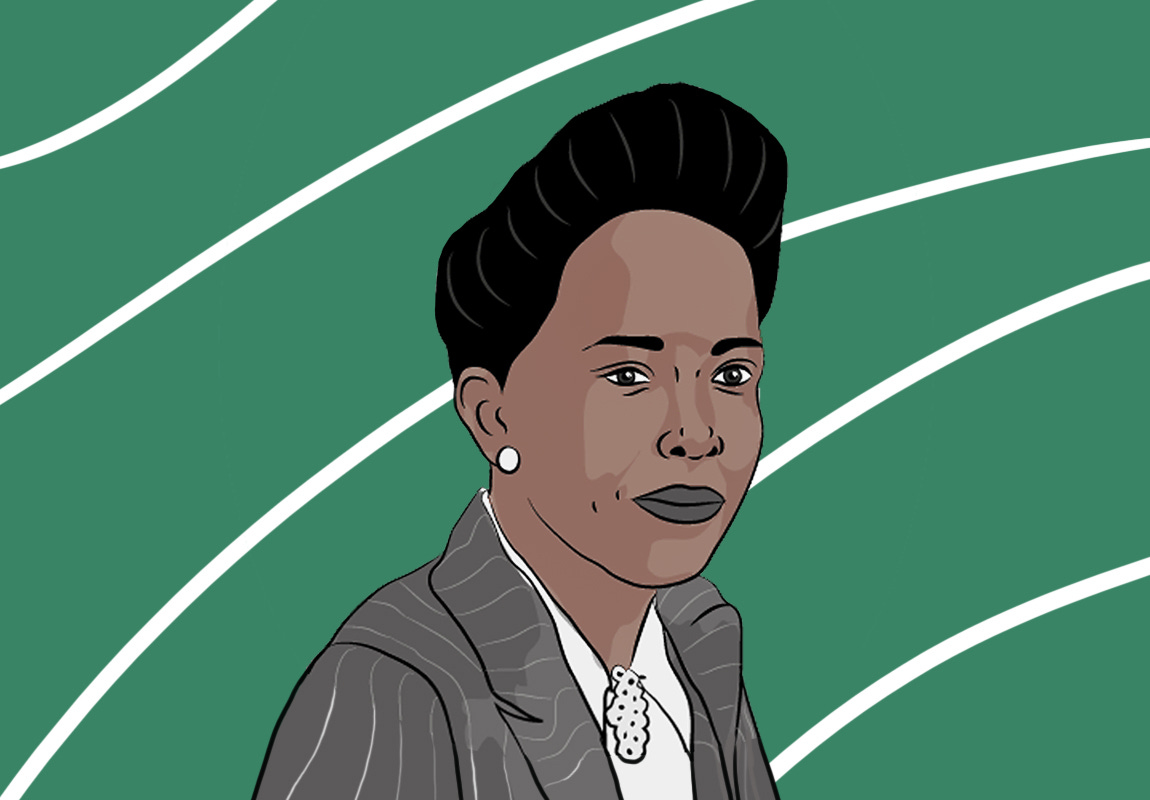Ella Baker: Activist who excelled at grassroots organising of civil rights campaigns
Ella Josephine Baker was a political activist and American community organiser who is known for her pioneering role in the major civil rights organisations of the 20th century.
Ella Baker, an outspoken leader in the Black civil rights movement, was born on December 13, 1903, in Norfolk, Virginia. She was brought up on the same land where her grandparents had worked as slaves. She grew up listening to her grandparents telling the story of them being enslaved. Her mother was a member of the local missionary association who called on women to act as agents of social change. From her childhood, Baker had this activist spirit in her.
In 1918, she attended the high school academy of Shaw University in Raleigh, North Carolina. After completing high school, she began her graduation in the same university. In 1927, she graduated as class valedictorian. Baker then moved to New York in search of a job.
In New York, Baker saw people suffering from poverty and hardship caused by the Great Depression. She was also introduced to the radical political activism. In the 1930s, she co-founded Young Negroes Co-operative League. It was founded to form co-operative groups to pool resources and make goods and services less expensive to its members. She also served as the national director of the League.
The historic Montgomery bus boycott in Alabama inspired Ella Baker to co-found In Friendship, an organisation to raise money for the civil rights movement in the south in 1955.
In the late 1930s, Baker married T J Roberts. In 1938, she joined the staff of the National Association for the Advancement of Coloured People (NAACP) as an assistant field secretary. She then got promoted as the national director of various branches. She wanted the organisation to focus on grassroots organising. Unable to redirect the focus, she resigned the position in 1946. However, she continued to work with the New York branch to integrate local schools and improve the quality of education for Black children.
The historic Montgomery bus boycott in Alabama inspired Ella Baker to co-found In Friendship, an organisation to raise money for the civil rights movement in the south in 1955. In 1957, after a meeting a group of Southern Black Ministers, she helped form the Southern Christian Leadership Conference (SCLC), the main aim of which was to coordinate the reform efforts throughout the south. Baker was its first director while Martin Luther King Jr served as its first president.
Ella Baker believed in grassroots organising and she wanted to promote ‘group-centred leaders’ rather than the ‘leader-centred’ style. In 1960, she left SCLC to help student leaders form Student Non-violent Co-ordinating Committee (SNCC). She took the role of advisor, and, under her guidance, SNCC became one of the foremost advocates of human rights in the country.
Baker was very influential in the growth of several organisations and this earned her the nickname ‘Fundi’, a Swahili word meaning a person who teaches a craft to the next generation.
Apart from serving as an advisor to SNCC, Ella Baker served as a consultant to Southern Conference Education Fund. She also helped organise the Mississippi Freedom Democratic Party.
Ella Baker passed away on December 13, 1986. She was active in the civil rights movement until her death on her 83rd birthday.


